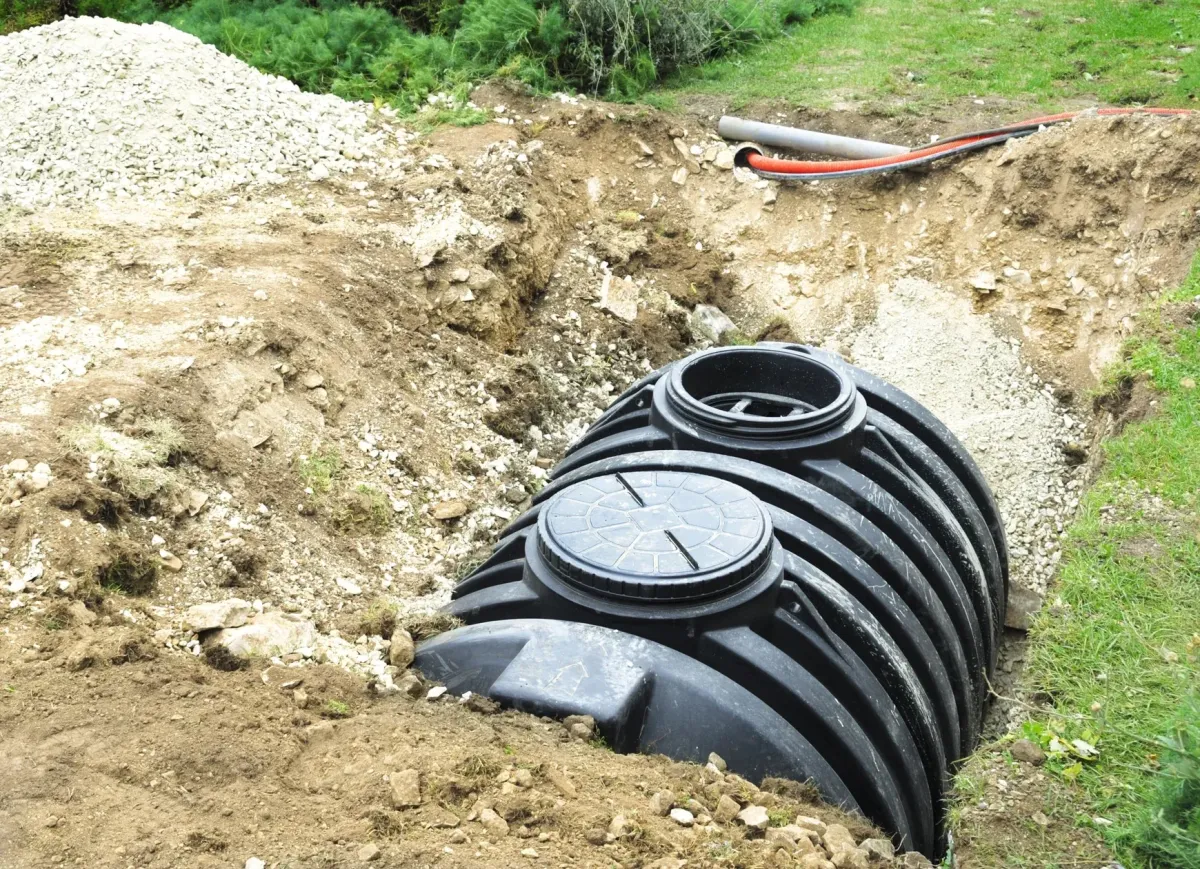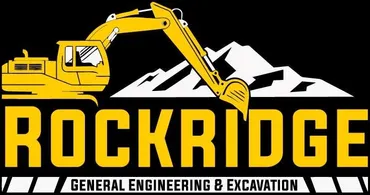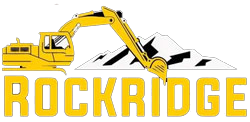YOUR #1 FULL SITE PREP EXPERTS!
CALL NOW- 360-564-5933
Licensed: ROCKRGE816DF - Over 35 Years of Experience | Emergency Services Available | Family and Locally Owned

Breaking Down Septic Tank Costs: What Homeowners Near Castle Rock Need to Know Introduction: Why Understanding Septic Tank Costs Matters
Introduction: Why Understanding Septic Tank Costs Matters
If you’re a homeowner near Castle Rock, WA, you’re probably familiar with the challenge of managing septic systems. Maybe you’re planning to install a new septic tank, or maybe your current system has reached its limit. Either way, you’re not alone in feeling anxious about the costs.
It’s more than just a big bill—it's the uncertainty. Is it going to cost $5,000 or $15,000? Will there be unexpected fees? And what if something goes wrong after installation? These worries are common, especially in rural areas where sewer connections aren’t an option.
At Rockridge General Engineering & Excavation, we understand the confusion and concern. We know the feeling of trying to balance quality with cost, especially when every dollar counts. Let’s break down the costs for you so you can make a well-informed decision, without feeling overwhelmed.
The True Cost of Septic Tank Installation Near Castle Rock
What Influences Septic Tank Costs?
The cost of installing a septic tank isn’t just about buying the tank itself. It’s about the entire process: planning, labor, permits, and unexpected obstacles that might pop up along the way. While a basic septic tank can start at around $3,000, the final cost for installation often ranges between $7,000 to $15,000 in the Castle Rock area, depending on several factors.
Common Price Ranges for Septic Tank Installation
Basic Installation: $3,000 - $7,000 (Includes standard materials and minimal site preparation)
Mid-Range Installation: $7,000 - $10,000 (Accounts for more difficult soil conditions, longer piping, and additional permit fees)
Complex Installation: $10,000 - $15,000 (For larger tanks, advanced systems, or significant land preparation)
These numbers aren’t fixed but offer a realistic starting point.
Factors That Affect Septic Tank Installation Costs
Soil Type and Site Conditions
Castle Rock’s terrain is varied, meaning the soil on your property can significantly impact installation costs. Clay soils, rocky ground, or high water tables can all make digging and drainage more challenging.
For instance, if your land has a lot of clay, the installer may need to use a larger drain field, which adds to both material and labor costs. On the other hand, sandy soils, while easier to excavate, might require a more robust septic tank to prevent leakage.
Septic Tank Size and Material
The size of the tank you need depends on your household’s size and water usage. A larger family will need a bigger tank, which costs more.
Concrete Tanks: Durable but heavy, requiring special equipment for installation. These are generally more expensive but last longer.
Plastic Tanks: Lighter and easier to install, but may not be as durable, especially in areas with high water tables.
Permits and Local Regulations
Permits are not just paperwork—they’re essential for ensuring safety and compliance. Depending on local requirements, these permits can add anywhere from $500 to $2,000 to your total cost. Rockridge handles the permitting process for our clients, ensuring compliance without delays.
Distance to Water Source
The farther your septic system is from your home or water source, the more piping, trenching, and labor are needed. This added distance not only increases installation costs but also affects future maintenance.
Cost Comparison: Different Types of Septic Tanks
Concrete vs. Plastic Septic Tanks
Concrete Tanks: Typically cost between $1,200 and $2,500. They last longer but can be more challenging to install.
Plastic Tanks: Range from $800 to $1,500. They’re easier to handle and less prone to cracking, but they might not withstand the same pressure as concrete.
Gravity-Fed vs. Aerobic Systems
Gravity-Fed Systems: Simpler and cheaper, often ranging from $3,000 to $7,000.
Aerobic Systems: Provide better filtration but are more expensive, usually between $8,000 to $15,000.
Each system has pros and cons, so your choice depends on your budget, property, and environmental factors.
Hidden Costs of Septic Tank Installation
Drain Field Expenses
Many homeowners focus on the tank cost alone, but the drain field (or leach field) is equally crucial. It typically costs between $2,000 and $10,000, depending on the soil, size, and design. Without a properly functioning drain field, even the best septic tank won’t work well.
Maintenance Costs You Might Not Expect
After installation, regular maintenance is key. Pumping out the tank every 3-5 years costs around $300 to $500. If minor repairs are needed, those can add another $200 to $1,000, depending on the issue.
Saving on Septic Tank Installation: What Works, What Doesn’t
Budget-Friendly Tips for Installation
Get Multiple Quotes: Don’t settle for the first price you hear. Compare quotes and understand what's included.
Schedule Installation Off-Season: Installing during peak construction months can be more expensive.
Prepare the Site in Advance: Clearing brush or leveling land before the installer arrives can reduce labor costs.
Is DIY Septic Installation an Option?
While some homeowners might be tempted to install a septic tank themselves to save money, it’s rarely a good idea. Septic systems are complex and require expert knowledge to ensure safety, compliance, and long-term functionality. A poorly installed septic tank can lead to fines, damage, and even environmental hazards.
Common Mistakes That Can Drive Up Costs
Poor Planning and Site Preparation
Rushing the planning phase can lead to surprises during installation. Failing to account for rocky soil, underground utilities, or even tree roots can result in unexpected costs and delays.
Ignoring Permit Requirements
Skipping permits might seem like an easy way to save money, but it’s a risk. Fines can be steep, and you may end up redoing parts of the system to meet local codes, which can be costly and time-consuming.
Long-Term Value: Why Investing in Quality Matters
When you invest in a quality septic system, it’s not just about saving money upfront—it’s about avoiding future headaches. A well-installed septic tank can last 20-30 years with proper maintenance, while a poorly installed one could need major repairs within just a few years.
Good systems also increase your property’s value and ensure it meets local regulations, which is crucial if you ever plan to sell your home.
Final Thoughts: Making an Informed Decision for Your Castle Rock Property
Understanding septic tank costs can feel like peeling an onion—there’s always another layer. But by breaking down each aspect, you can make an informed decision that fits your budget and needs. At Rockridge General Engineering & Excavation, we’re here to help homeowners in Thurston, Lewis, and Cowlitz Counties find the right solutions.
A septic tank is a big investment, but with the right guidance, it’s one that pays off for decades.

AVOID COSTLY MISTAKES:
Do NOT hire an excavating contractor without first reading our free guide:
The ULTIMATE Excavation & Septic "Success Guide."

We Offer Excavation Services You!
If you don't see your specific area contact us and we may still be able to help or give a referral.
All rights reserved | Privacy policy | Client Support Area | Terms & Conditions | Privacy policy





